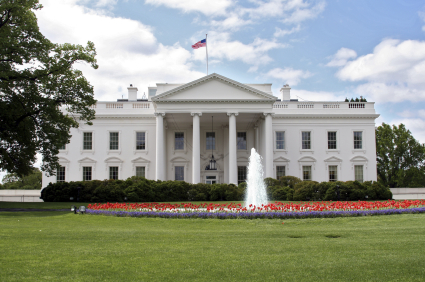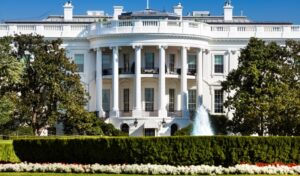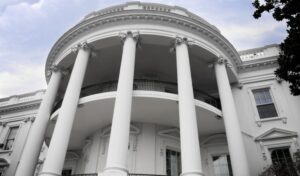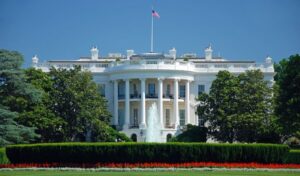
Obama’s recent order makes promising strides toward improving participation in agency rulemaking.
This morning President Obama issued a new executive order on regulation. The order reaffirms many core principles of regulatory policymaking reflected in prior executive orders dating back to the Reagan Administration. It also keeps in place the existing structure of White House review of new regulations that had been established by President Clinton.
important data might not be included in a rulemaking docket until late in the comment process, or the data might be buried in voluminous records that are not available electronically. The lack of meaningful access to important information detracts from the public’s ability to contribute to the formulation of better rules.
That same task force recommended steps to improve the timely, online availability of information underlying new regulatory proposals.
In today’s executive order, President Obama announced a significant new effort to improve the public’s access to government information about agency proposals. The executive order calls for agencies to make their regulatory dockets available online in a “timely” manner so that the public can comment on “all pertinent parts of the rulemaking docket, including relevant scientific and technical findings.”
Although many federal agencies do provide such information online, far too many still do not provide this information in a timely and complete manner, even in today’s digital era. If President Obama’s order is implemented faithfully and consistently across all federal agencies, it will go a long way toward advancing the goal of a more open federal government.




